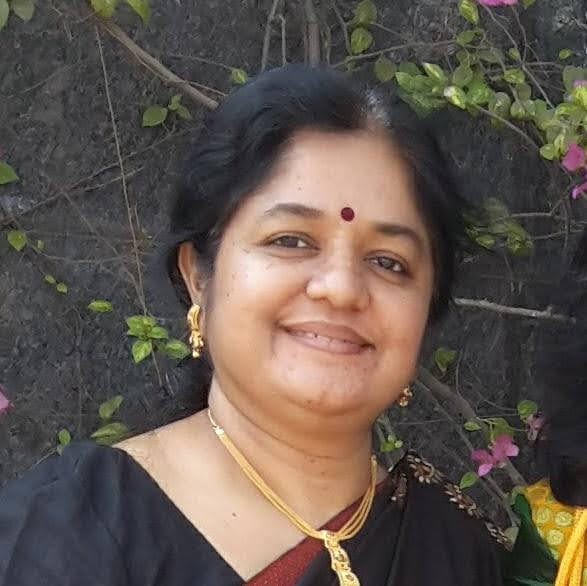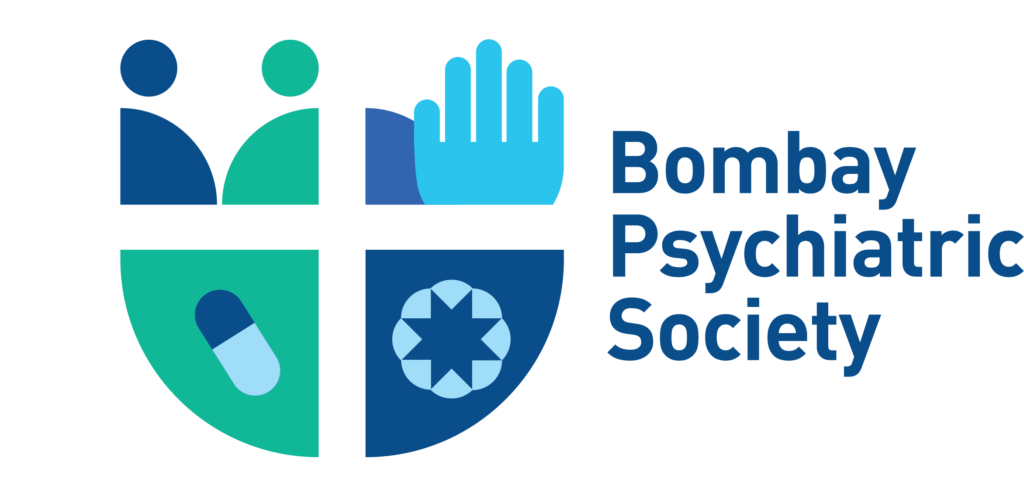From the President's Desk....

Dr. Shobha Nair
Hon. PRESIDENT
Dear members,
It is indeed a great privilege to be elected President of one’s professional body and that too in the Diamond Jubilee Year of the Bombay Psychiatric Society. I thank all the members who have reposed their confidence and trust in me to lead the organisation. My journey in Psychiatry began with inquisitiveness and awe of the subject during MBBS at KEM hospital. I am forever indebted to the Nair hospital Psychiatry department for shaping me to be the Psychiatrist that I am. 25 years of work in BARC has helped me build on my skills. I bow my head to my patients and families who taught me so much along the way not only about psychiatry but also about life in general.
Catering to patients of all age groups across lifespans with excellent follow ups has taught me many lessons, few of which I have described below.
Practising Psychiatry is not merely treating disorders but managing lives of people with mental illness. We are an anchor in the life journey of many families. The therapeutic alliance forged with the patient is the bedrock upon which the outcomes of our treatments and interventions stand.
We are not merely doctors or professionals, we are healers too. We do not need a diagnosis to help a person, to relieve distress, to infuse hope and support.
Working in an organisational health care set-up, I have learnt that, for the vast majority of people with severe mental illness, it is a struggle to perform cognitive tasks even after being symptom free and they can continue their work only with support and concessions. Working with schools and colleges, I realised that institutions that are uncompromising on individual achievements, systems that perpetuate ‘Perform or Perish policy’, would increase the rates of mild mental illnesses in vulnerable individuals.
A community that can tolerate imperfection and failure, systems that are accommodative and considerate is the answer to mitigate many mild disorders.
We learnt psychiatry using the Bio-Psycho-Social model of health and disease. The drug revolution in psychiatry was followed by tremendous advances in neuroscience and genetics. This has tilted the emphasis towards a Biomedical model which I think is a reductionist approach to psychiatry.
What is the construct of mental health? Are psychiatric disorders and mental health two ends of the same spectrum? Are they distinct entities? We all agree that apart from individual factors, social and structural determinants impact mental health and they account significantly for healthcare outcomes. Suicides, Addictions and Violence are a reflection of poor mental health of populations and cannot be viewed merely as individual psychiatric disorders.
I have often wondered whether we could narrow down any single factor which has the most determining influence on mental health? If we were to view ‘nutrition’ as the single most important factor for physical health, I think one could postulate ‘justice’ [fairness, consideration of rights] as a similar factor for mental health; be it in relationships, family, institutions or society.
As mental health professionals, it has become imperative for us to understand the rapidly changing world, a polarised world, a world that strives for profits while millions live with uncertainty and anxiety about their future and its ramifications on mental health of various populations.
What are the challenges mental health care profession is facing today? I would like to emphasise two main challenges:
- Standardised health care delivery. It is a necessity riddled with hurdles in implementation and regulation. How can we self – regulate? The gap in implementation needs some collective efforts.
- Ethical fading in society which has not spared the health care profession.
What should be the vision for BPS in its 60th year? I invite suggestions and ideas from everyone. Please email us or talk to us.
I propose that we have certain upskilling training programmes which are enduring, done year after year so as to ensure that every batch of professionals get trained.
A transdisciplinary approach i.e. integrating knowledge & expertise from allied disciplines and collaborating in a united manner will bridge the gap in health care delivery.
We could collaborate with other institutions for community based, proactive mental health care to serve the underserved. We can also foray into research in collaboration with public institutions.
Regarding policy matters related to improvements in our field, we are willing to collaborate with Indian Psychiatric Society.
On the occasion of the 60th anniversary of BPS, let us pause, rethink, learn and once again commit ourselves to the cause of mental health. In the pursuit of mental health for all, let us broaden our horizons to think of ourselves as professionals, healers, scientists and advocates of mental health.
Let us dream of a city where access to optimum mental healthcare is available for all without any barriers.
Let us work together to make it a reality!!


